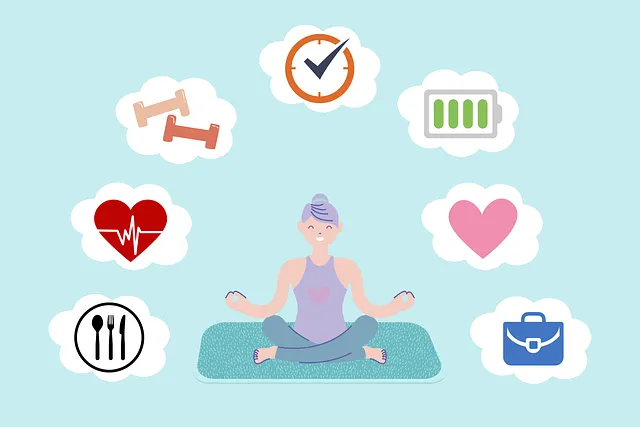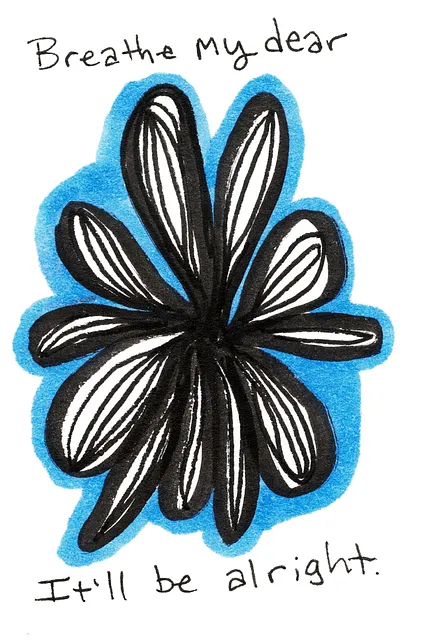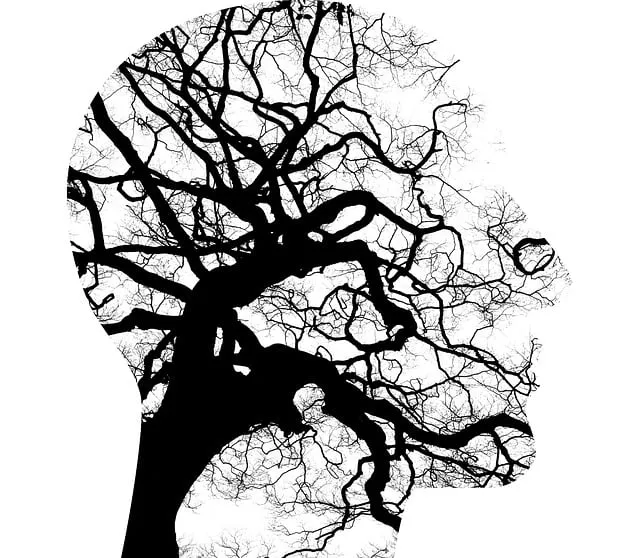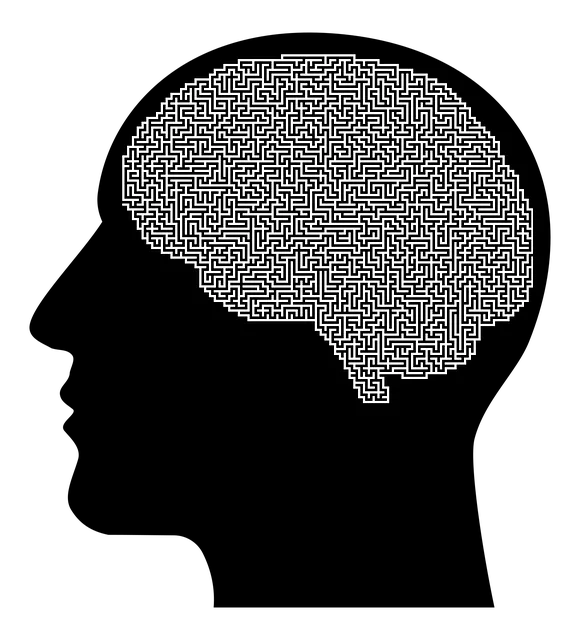The Arvada Kaiser Permanente mental health center employs a holistic, data-driven approach to patient care, utilizing RFM analysis to segment and support patients based on their engagement with care. They integrate Cultural Sensitivity, Compassion Cultivation, and structured resilience-building exercises, such as mindfulness meditation, stress management workshops, and self-care practices, into their programs. This comprehensive strategy empowers individuals to build inner strength, manage stress, and cope with life's challenges, fostering a supportive community environment that enhances overall mental well-being and resilience.
Resilience is a powerful tool in mental health care, and RFM (Resilience, Flexibility, and Mastery) exercises offer a unique approach to enhancing it. This article explores the significance of RFM in improving well-being, using the Arvada Kaiser Permanente Mental Health Center as a case study—a leading facility integrating these strategies. We’ll delve into practical resilience-building techniques, their benefits, and provide tips for healthcare providers to successfully implement RFM exercises, inspired by the center’s innovative practices at Arvada Kaiser Permanente.
- Understanding RFM and its Significance in Mental Health Care
- The Arvada Kaiser Permanente Mental Health Center: A Case Study
- Implementing Resilience-Building Exercises: Strategies and Benefits
- Overcoming Challenges: Tips for Effective RFM Integration
Understanding RFM and its Significance in Mental Health Care

At the Arvada Kaiser Permanente mental health center, recognizing and addressing patient needs holistically is paramount. This is where RFM (Reach, Frequency, and Engagement) emerges as a powerful tool, offering a structured approach to understanding and enhancing mental healthcare services. RFM analyzes patient engagement with care over time, identifying those at risk of disengagement or who require more intensive support.
This strategy is particularly significant in the context of Cultural Sensitivity in Mental Healthcare Practice and Compassion Cultivation Practices. By segmenting patients based on their reach, frequency of visits, and level of engagement, healthcare providers can tailor interventions effectively. The Arvada Kaiser Permanente mental health center leverages RFM to ensure that every patient receives culturally competent care, addressing unique challenges and fostering an inclusive environment, as evidenced by the Healthcare Provider Cultural Competency Training programs implemented there.
The Arvada Kaiser Permanente Mental Health Center: A Case Study

The Arvada Kaiser Permanente Mental Health Center serves as a shining example of how structured resilience-building exercises can transform lives. This center has successfully implemented innovative programs aimed at empowering individuals to cope with life’s challenges, demonstrating the significant impact of such initiatives. Through regular Stress Management Workshops organized by the facility, participants gain valuable tools for managing stress and cultivating inner strength. These workshops foster a sense of community and provide a safe space for individuals to learn and grow.
Focusing on Inner Strength Development and Confidence Boosting, the center’s approach ensures that clients leave with enhanced resilience. By offering a range of activities and support systems, Arvada Kaiser Permanente has created an environment conducive to mental well-being. This case study highlights how dedicated organizations can make a profound difference in their community’s overall resilience against life’s adversities.
Implementing Resilience-Building Exercises: Strategies and Benefits

Implementing Resilience-Building Exercises at the Arvada Kaiser Permanente mental health center involves a strategic approach to empower individuals with coping skills that enhance their overall well-being. These exercises are tailored to address common challenges, such as stress, anxiety, and emotional turmoil, offering practical solutions for managing daily life pressures. Through structured programs, the center provides an opportunity for participants to discover and cultivate inner strength, resilience, and a sense of calm using evidence-based techniques like mindfulness meditation.
The benefits extend beyond improved mental health. Regular engagement in resilience-building activities fosters better emotional regulation, enhances self-awareness, and promotes healthier relationships. By incorporating these practices into daily routines, individuals gain tools to navigate life’s challenges more effectively, leading to increased productivity, improved decision-making, and a heightened sense of personal control. The Arvada Kaiser Permanente mental health center’s commitment to integrating these exercises underscores its dedication to holistic well-being and the development of coping skills that promote long-term resilience.
Overcoming Challenges: Tips for Effective RFM Integration

Implementing RFM (Resilience, Flexibility, and Mastery) practices at Arvada Kaiser Permanente mental health center involves overcoming challenges by understanding the unique needs of each individual. The key lies in tailoring exercises to suit diverse backgrounds and preferences. For instance, engaging individuals with Mind Over Matter Principles through mindfulness meditation can foster self-awareness and emotional regulation, essential components of resilience building.
Incorporating Self-Care Practices such as deep breathing exercises and progressive muscle relaxation into daily routines can significantly enhance Stress Reduction Methods. These practices not only promote mental clarity but also equip individuals with coping mechanisms for managing stress effectively. At the Arvada Kaiser Permanente mental health center, a holistic approach that combines these strategies ensures patients develop the skills needed to navigate life’s challenges with greater ease and resilience.
The implementation of RFM at the Arvada Kaiser Permanente Mental Health Center demonstrates its potential to revolutionize mental health care. By integrating resilience-building exercises, this healthcare facility has shown improved patient outcomes and enhanced coping mechanisms. Overcoming challenges through tailored strategies ensures that RFM becomes an integral part of comprehensive mental health support. This approach, as evidenced by the case study, can be a game-changer in fostering resilience among individuals seeking care, ultimately enriching their journeys towards better mental well-being.






